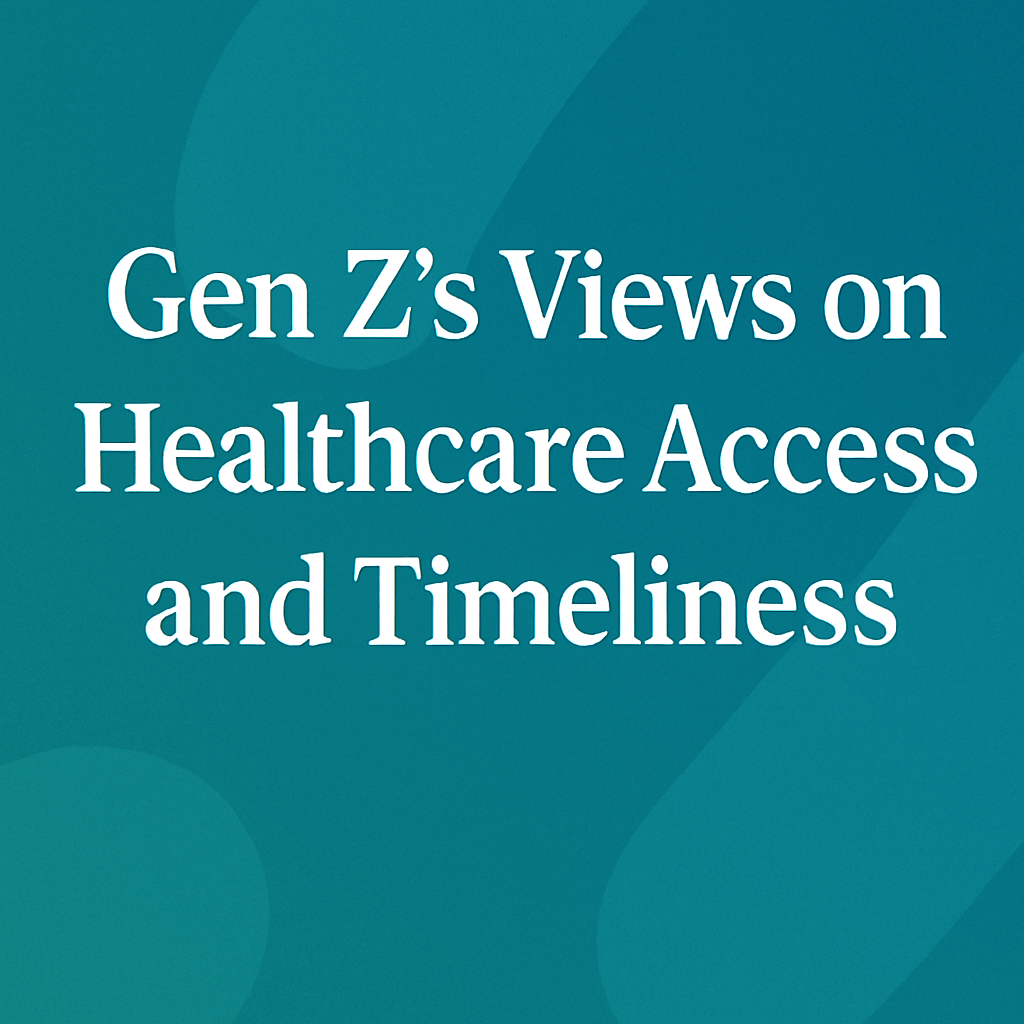Gen Z’s Views on Healthcare Access and Timeliness

Recent research conducted by Aflac reveals that a majority of Americans are not proactive about seeking necessary medical care. According to the third annual Wellness Matters survey, over 90% of working Americans have postponed a health screening or routine check-up. This trend raises significant concerns about public health, given the critical benefits of early detection for many medical conditions.
Barriers to Accessing Healthcare
In the survey, which included responses from 2,000 employed Americans aged 18 to 65, 94% of respondents identified logistical challenges as the primary hurdle to attending checkups. This includes factors like scheduling difficulties, transportation issues, and conflicts with work hours. Additionally, distrust in healthcare providers and insurance coverage complexities further complicate the situation.
‘It is proven that early detection saves lives, and the data shows that not enough Americans are practicing behaviors that are in their best interests,’ says Matthew Owenby, Aflac’s Chief Strategy Officer.
Generational Disparities in Healthcare Engagement
The survey highlights particularly concerning patterns among younger generations. Gen Z and Millennials are the most likely to avoid health screenings, with more than half of these individuals unwilling to wait longer than two weeks for an appointment. The report noted that nearly a third of Gen Z respondents reported a lack of trust in their healthcare providers or feelings of embarrassment when interacting with them—the highest rate among any generation examined.
Understanding Gen Z’s Health Behavior
This cohort appears to favor non-traditional avenues for health information, often relying on input from social media, friends, and family rather than seeking professional advice. Matthew Owenby notes that Gen Z’s comfort with technology and social media can create an information environment that prioritizes immediacy and convenience over essential preventive care.
The Gender Divide in Health Screenings
Further insights from the survey indicate that young women are particularly likely to avoid screenings, with 68% of Gen Z females reporting postponements compared to 55% of Gen Z males. This is reflective of broader historical trends where women’s concerns and health issues are often marginalized within healthcare settings. Previous studies suggest that half of young women have experienced negative interactions with the healthcare system, often leading to feelings of being unheard or dismissed.
Rising Health Risks: The Importance of Preventive Care
As cancer rates climb among individuals under 50, addressing these barriers to healthcare is more pressing than ever. The American Cancer Society warns that the incidence of cancer is increasing among younger adults, making timely screenings imperative. Owenby emphasizes that many individuals who recognize their health risks still delay essential checkups due to anxiety or logistical obstacles.
‘It’s important to not associate going for a checkup or a screening with receiving bad news. More often than not, it can provide peace of mind. It’s like wearing your seatbelt when you drive.’ says Owenby.
Strategies for Improving Healthcare Engagement
To combat these troubling trends, various stakeholders—including healthcare providers, insurers, and community organizations—must reconsider their approaches. Here are several strategies that could help improve engagement:
- Enhancing Digital Accessibility: Investment in telehealth options and mobile health applications to streamline appointments and follow-ups can bridge the access gap.
- Creating Trust: Healthcare providers need to actively work on building trust through transparent communication and addressing the specific concerns of younger patients, especially women.
- Educational Campaigns: Initiatives aimed at educating younger generations about the vital role of preventive care could enhance awareness and change perceptions surrounding regular health screenings.
Conclusion
The findings from Aflac’s Wellness Matters survey serve as a crucial reminder that addressing the perception and accessibility of healthcare, particularly among younger demographics, is essential for reducing health risks. Moving forward, both healthcare systems and patients must strive to maintain a more balanced approach that emphasizes not just immediate care but also preventive measures that can ultimately save lives.
For you: The Well Adjusted newsletter: Sign up to get simple strategies to work smarter and live better, in your inbox weekly.
About the Author
Alexa Mikhail is a senior health and wellness reporter for Fortune Well, specializing in issues around longevity, aging, caregiving, workplace wellness, and mental health.